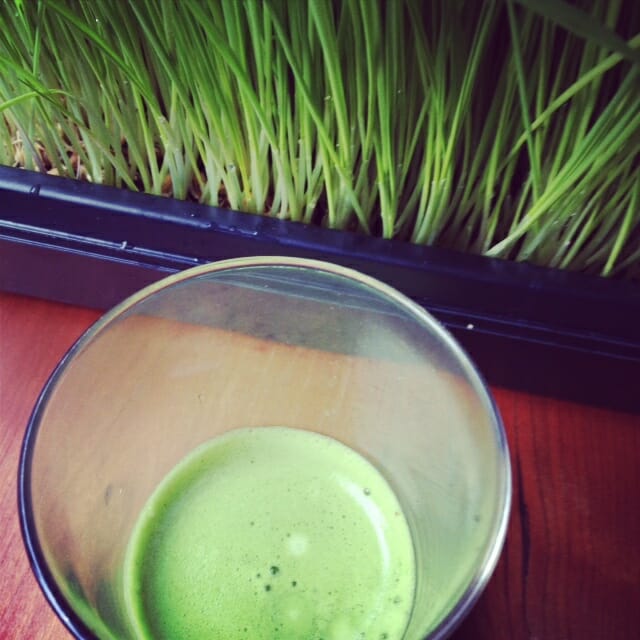Because green juice cancels out beer… right? And a juice fast? That’ll cancel out an entire weekend of mojitos and quesadillas. I mean, let’s be honest, what’s a juicer for except to save your soul {or your stomach} from pain and anguish the morning after.
In fact, between myself, my friends, and my clients, years have been spent bouncing back and forth between these two extremes: {booze, burgers, bags under eyes} <—–> {kale, cucumber juice, and serious calorie restriction}. One day, we allow complete indulgence and the next, we punish ourselves by skipping meals and living on liquids.
If any of this sounds the slightest bit familiar – listen up!
Well, of course. Juicing can provide incredible amounts of nutrients in addition to a balanced diet, and even fasting can serve a purpose here and there. HOWEVER I want to tell you one big reason why juicing and/or fasting to “make up for” whatever “bad” thing you did the day before only leads to trouble. And I’m talking weight gain, bad mood, and a zero percent chance of developing a healthy relationship with your food and body.
Picture this:
8 am Monday morning – you’re getting a fresh start after a weekend of late nights and beers on the beach. Your goal is to make it through the day on only liquids…you know, green juice, herbal tea, lemon water… all the stuff you’ve read about in health blogs.
10 am – You’re going strong. Your co-worker’s jokes and recounted sexcapades keep you distracted.
2 pm – You’re feeling proud of yourself for making it through lunch, which gives you the push you need to turn down your usual afternoon treats.
5 pm – The busy workday ends. “Hm, this isn’t so bad,” you’re thinking. You head home, walk in the door to an empty house, and in that moment you remember just. how. hungry. you. are.
Are you recognizing the pattern here? It quickly becomes a vicious cycle.
OK, so let’s talk solutions. How do we change the pattern?
So, ask yourself – how will you up your game “most of the time” so that the “some of the time” doesn’t make its mark?
Be specific and be reasonable. Start with a small goal you know you can manage and build from there.









Leave A Comment